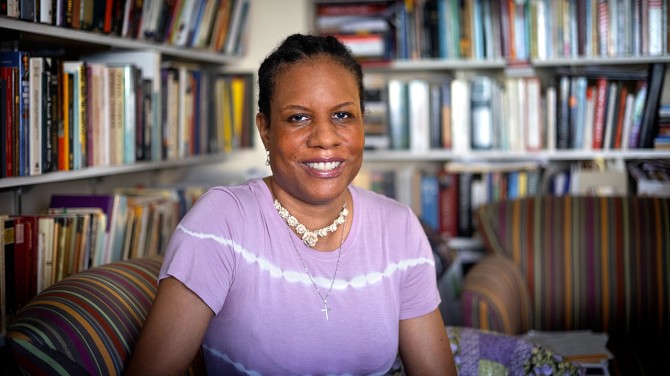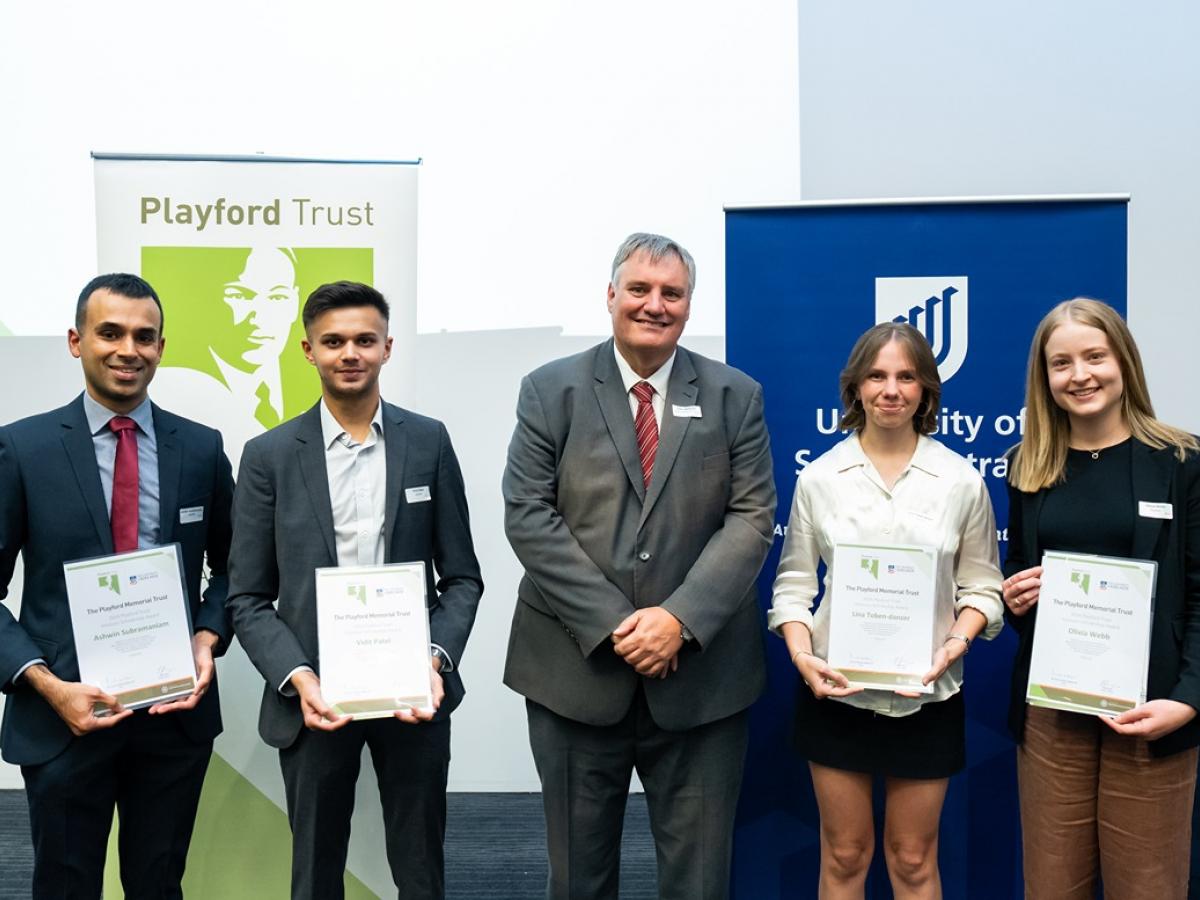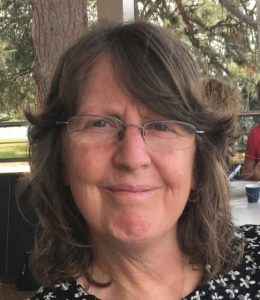Four innovative research projects, aimed at improving quality of life for survivors of stroke, have been awarded grants in the 2022 Stroke Foundation Research Grants round, announced today.
The researchers will share in almost $300,000 to generate knowledge and pave the way for change in real-world practice to help people with stroke thrive in their recovery.
In one of the projects family-focused interventions for survivors of stroke with children are being developed, a critical research area given the rise in prevalence of younger adult stroke (people aged 35-54 years). Another will be focussed on optimising recovery of aphasia after stroke. One in three people with stroke has aphasia, a condition which affects speech, comprehension, reading and writing.
Stroke Foundation Research Advisory Committee Chair Professor Amanda Thrift congratulated the grant recipients.
“I am thrilled with the calibre of projects awarded in this grant round,” she said.
“It is particularly exciting to see that telehealth technology will play a role in the projects. Telehealth was highlighted as an important area for more research by Stroke Foundation Consumer Council members so our program continues to promote equitable access to stroke care for all Australians, regardless of where they live.
“The COVID-19 pandemic has familiarised the community with telehealth out of necessity. Now it is time to examine the longer-term benefits for stroke to maximise recovery.”
Stroke Foundation has awarded almost $5.6 million to more than 200 researchers since 2008.
Stroke Foundation Chief Executive Officer Sharon McGowan thanked Lady Marigold Southey for generously supporting the grant program’s first dedicated aphasia research grant.
“Our Research Grant Program is only possible through the continued support of people like Lady Southey and our other wonderful donors,” Ms McGowan said.
“Their contributions are truly making a difference to those living with the impact of stroke. An enduring legacy, such as a research grant, means their thoughtful generosity will continue to improve the lives of survivors for generations to come. That is something our donors and their families can be very proud of.”
2022 recipients
Dr Jessica Campbell University of Queensland, Lady Marigold Southey Aphasia Research Grant $99,869.
CHAT-Maintain: Maintaining language and quality of life gains with low-dose technology-delivered aphasia therapy.
Dr Natalie Fini, The University of Melbourne, Seed Grant $69,980.
Personalised physical activity programs for stroke survivors.
Dr Emma Wallace, University of Sydney, Seed Grant $53,402.
A dysphagia telerehabilitation program for stroke survivors living in the community – evaluating the effectiveness and feasibility.
Dr Brooke Ryan, University of Technology Sydney, Seed Grant $69,650.
Surviving and Thriving After Stroke (STARS): Family-focused interventions for stroke survivors with children.
More than 27,400 Australians experienced a stroke for the first time in 2020 and there are more than 445,000 survivors of stroke living in our community.
More on the research grant recipients and their projects here.








